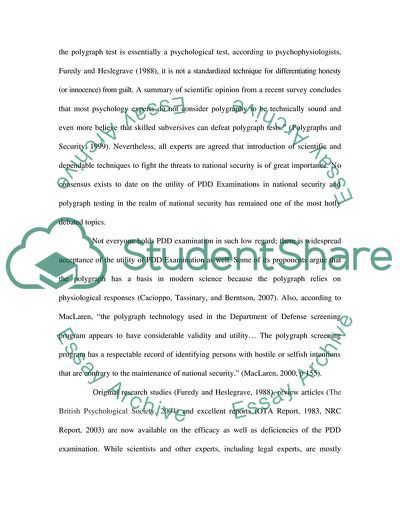Cite this document
(The Utility of Polygraphs in National Security Term Paper, n.d.)
The Utility of Polygraphs in National Security Term Paper. https://studentshare.org/technology/1719569-topic-paper
The Utility of Polygraphs in National Security Term Paper. https://studentshare.org/technology/1719569-topic-paper
(The Utility of Polygraphs in National Security Term Paper)
The Utility of Polygraphs in National Security Term Paper. https://studentshare.org/technology/1719569-topic-paper.
The Utility of Polygraphs in National Security Term Paper. https://studentshare.org/technology/1719569-topic-paper.
“The Utility of Polygraphs in National Security Term Paper”. https://studentshare.org/technology/1719569-topic-paper.


